What is Labral Tear?
A hip labral tear involves damage to the labrum — a ring of cartilage that lines the rim of the hip socket (acetabulum). The labrum helps stabilise the joint, maintain smooth movement, and protect the joint surfaces.
Tears can happen gradually due to wear, or suddenly from injury or abnormal joint mechanics.
Symptoms & What You May Experience
You may notice:
- Groin pain or deep hip ache
- Clicking, catching, or locking sensations in the hip
- Pain with twisting, pivoting, or rotating the leg
- Reduced hip mobility or stiffness
- Discomfort when sitting or getting up
- Pain during sport, especially running or kicking
- Referral into the buttock or thigh
Symptoms can range from intermittent discomfort to sharp, activity-limiting pain.
What causes Labral Tear?
Common causes include:
- Repetitive hip rotation or pivot sports (e.g. football, hockey, dance)
- Femoroacetabular impingement (FAI)
- Osteoarthritis or cartilage wear
- Trauma or falls
- Hip hypermobility or instability
- Congenital shape differences in the hip joint
Pain may build gradually or follow a specific incident.
How We Help (At Victoria Park Osteopaths)
Our focus is to reduce strain, restore optimal movement, and support joint health:
- Manual therapy for hip, pelvis, and lumbar spine mobility
- Soft tissue release for surrounding muscles (hip flexors, glutes, adductors, TFL)
- Strengthening of glutes, deep hip stabilisers, and core
- Movement retraining to improve hip control
- Advice on pacing, posture, and modifying aggravating activities
- Guidance on referral for imaging where needed (MRI)
In some cases, we also help
post-operatively for
arthroscopic repair.
Recovery Time & What to Expect
- Mild or compensatory cases may improve in 6–12 weeks
- Longer-standing or structural issues may take 3–6 months of rehab
- Surgery is sometimes considered if symptoms don’t improve conservatively
When to Seek Medical Review / Red Flags
Consider further assessment if:
- The hip repeatedly locks, gives way, or catches
- Pain interferes with sleep or daily function
- You have a history of trauma or acute injury
- Symptoms worsen despite rehabilitation


